On my first overseas trip to London in the summer of 1967, we stayed at the flat of art dealer Robert Fraser. At the time, he was in prison due to the drug bust that took place in February of that year at Keith Richards's home Redlands, West Wittering, Sussex. So, we had the entire home to ourselves, and what impressed me the most was Robert's record collection. I was twelve at the time, and I have been obtaining music since I was eight. If I didn't buy them from the record store, my parents would give me records for my birthday or Christmas. Due to my minimal economy, I primarily purchased 45 rpm singles. I was very impressed to see someone's records in a different country. The British album cover was thin and easy to split compared to the thick cardboard covers in America. With Robert's records, I was meticulous in putting the vinyl back into the inner sleeve. The one and significant thing that I found bothersome about Robert's records were that they were all in the wrong sleeves. I was intrigued to find the album by Jimi Hendrix Experience Are You Experienced? Because one saw Hendrix's presence in the British media, such as newspapers. What was in the Hendrix sleeve was The Who's A Quick One. My pre-teen logic told me to look for The Who cover, an alias I found the Hendrix album.
As an American, I knew of "My Generation," but not the other Who songs. So, I was curious to hear A Quick One in Robert's hi-fi setup. At the time, the overall album didn't make a big impression on me except for "Boris The Spider" and the last song, "A Quick One, While He's Away." The thing is, everything I heard on this trip to London stayed with me like forever. What is now 'rock' classics at the time was an entranceway to a strange but exciting aspect of London life. Robert mostly had new soul albums of the time, lots of Motown/Stax, and I clearly remember Albert King's Born Under a Bad Sign as well. But my focus was totally music made by British artists, and something like The Who and Hendrix (American I know, but to me at the time, he was British) felt like I was a traveler on unknown waters or land.
The only album I bought on that trip was Manfred Mann's Mann Made Hits. Mandred had popular songs in the States, but I was drawn to the photo on the cover, primarily due to what Paul Jones, their lead singer, was wearing. If I had spending money, I would have purchased the first Pink Floyd, Hendrix, and The Who, if for nothing else to mark the importance of this trip to my young consciousness. So a choice was made, and Mann Made Hits, due to the image of the cover, became something that I carried on the plane back home with me. Paul Jones was (and is) handsome, but not only his sense of dress, but I was also impressed with the fact that he seemed to have bad skin. At least in the picture on the back cover of this compilation. Also, I was logically thinking that I will get a bigger bang out of the buck (pound) because they are all hits. Or at least that is how this album marketed as such. Being such an aware child, I notice that there were fourteen songs on the record. In the States, most albums only had 11 or, if you're lucky, 12 songs. So I really felt that this was a special purchase.
Concerning The Who, I enjoyed reading the interviews with Pete Townshend. His intelligence, for one, but also how he felt what he was doing was so important. Most interviews I have read of pop stars, especially in teen mags, were very mundane or trivial. Townshend from the very beginning at huge thoughts which made the world seem more significant to me. Still, the first Who album I have ever purchased was Tommy. I knew that this is a masterpiece record because the American press said so. And Pete was talking about this album at least a year before it was released. All the other Who albums seem to be works-in-progress compared to this magnificent double album. At the time, I wasn't impressed with the music. I was more impressed that Tommy (according to the press at the time) was a Rock Opera. I didn't want to miss the boat on this one. I knew it was necessary because everyone around me said so. The fact that the music nor story touched me in any manner wasn't important. What was vital was that I bring this album to my school to show it off, and therefore my connection to greatness.
Decades later, to be factual, last year, I purchased a used copy of Tommy. All my old records disappeared due to moving around or selling them off at record stores to get more albums. Still, I wanted to hear Tommy without the culture luggage or its reported greatness. Not my favorite album of all time, but still an excellent listening session to this eccentric work of pop. It's grand in scope but full of charm, wit, and I love the oddness of the work in itself. The favorite album by them is The Who Sell Out.
It took me a few decades to get around the album, but The Who Sell Out is a radical view of commerce, pop in that field, as well as a collection of brilliant tunes. Due to the recent release of the deluxe and what I have to imagine, the complete version of this album. I paid more attention to the left-over cuts, such as "Sunrise." Now, that is a beautiful tune, and I never heard a song like that from Townshend. Kind of jazzy, and it feels like one is in a big green park, and you're looking up at the sky. The other song that impressed me is "Jaguar." One of the songs meant to be a commercial spot on The Who Sell Out. I just finished reading Peter Stanfield's A Band With Built-In Hate: The Who From Pop Art to Punk (Reaktion Books), a brilliant book on the band and dealing with London Mod life and all the good things that go with that. In the book, there is a photograph of the original ad for Jaguar which key lines are Grace…Space…Pace, which Pete used as lyrics for the song, and my favorite part of "Jaguar." This, of course, reminded me of Serge Gainsbourg's Ford Mustang that used the owner's manual as inspiration for Serge's lyrics to the song. This song is funny, but so is the concept of selling space between the songs as commercials. On one level, it makes sense, but then again, would that disrupt one's concentration on the actual songs on the album? No, because the album is about commerce, business, and pop can only be successful if it sells tons of copies. The fact that the record didn't sell well in the United States is another issue. Still, what an album!
Throughout my life, it seems I'm attracted to artists who take their role in music seriously. I don't even care if the music is good or not. Still, again, it's the picture on the album cover as well as the images I have seen of Pete Townshend on stage with his arms stretched out to his sides, the guitar around his neck. It seems that he's surfing on the stage full of electronic noise behind him. It's a poetic image as well as eros in place. That's my love for The Who of that time, location, and action.



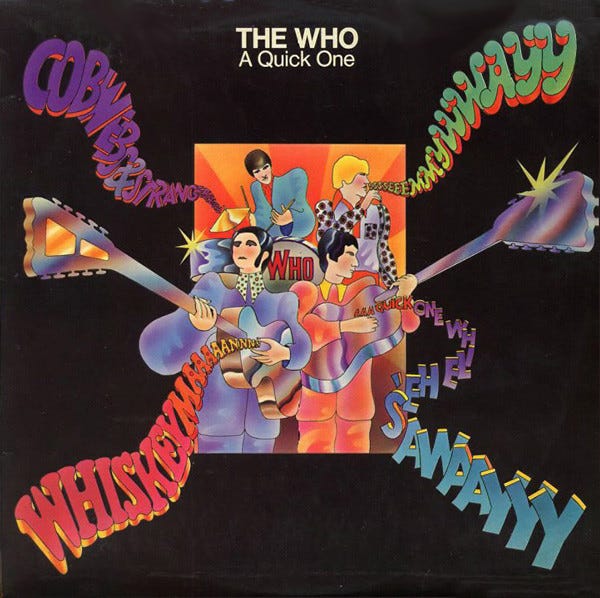

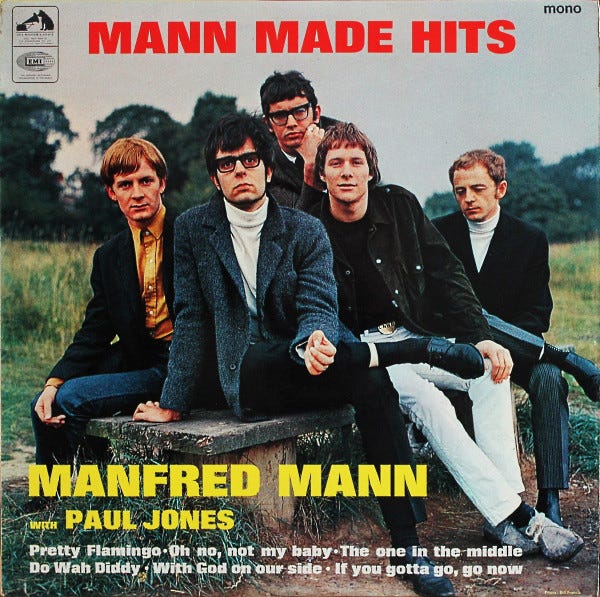
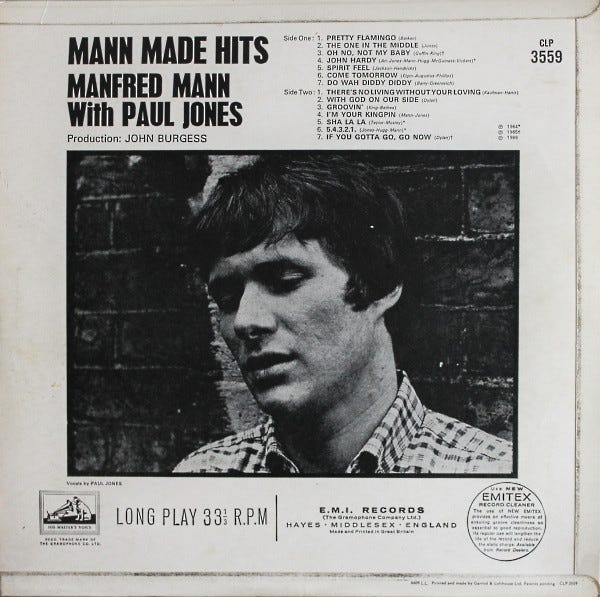
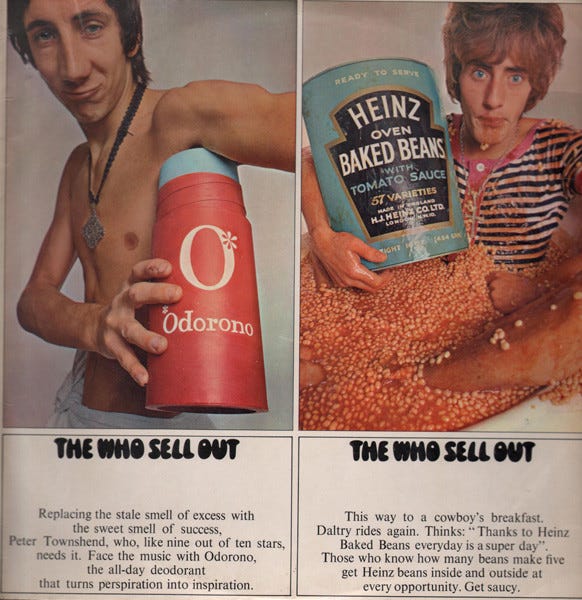
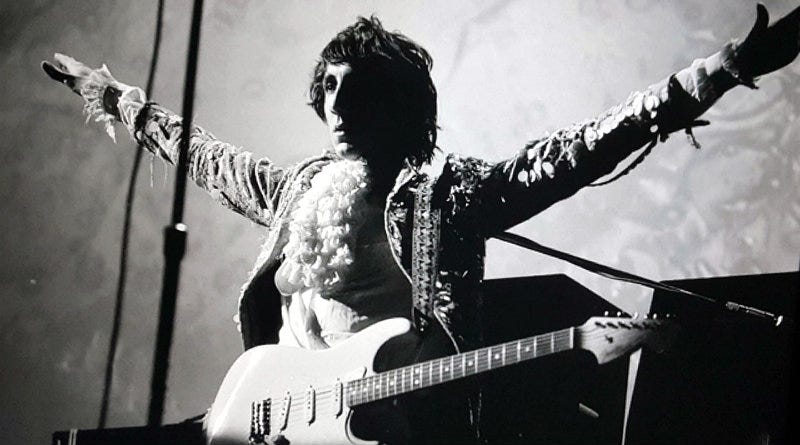
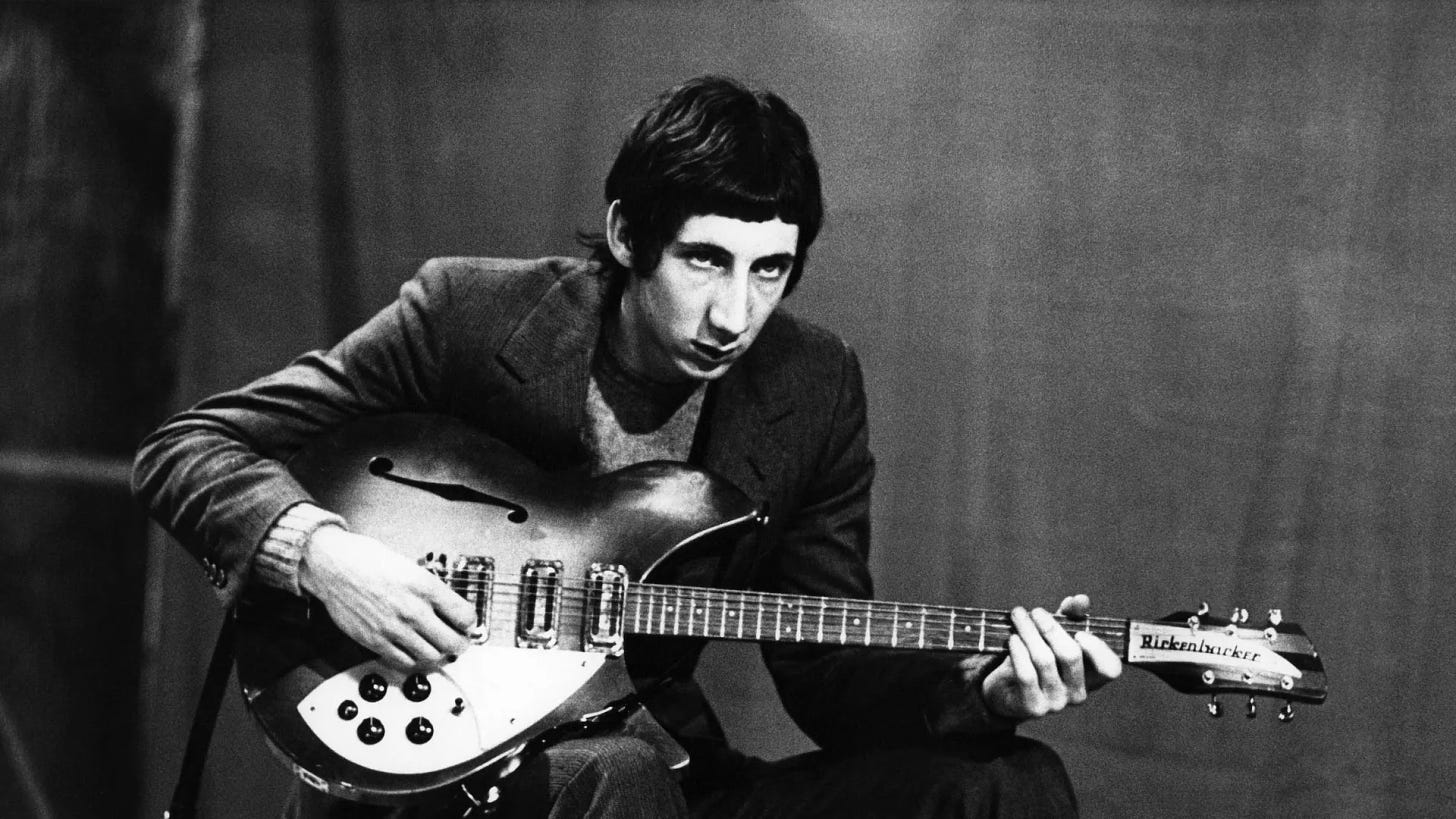
My fave Who album too, Tosh!! It's right up there with the first "concept" albums (incl Pet Sounds, Sgt Pepper, Freak Out)-- but even more special as a pop-art artifact exploring issues of consumer culture, advertising, "false consciousness" /self-image. As someone who often writes about pop culture and advertising myself, Sell Out is special to me.